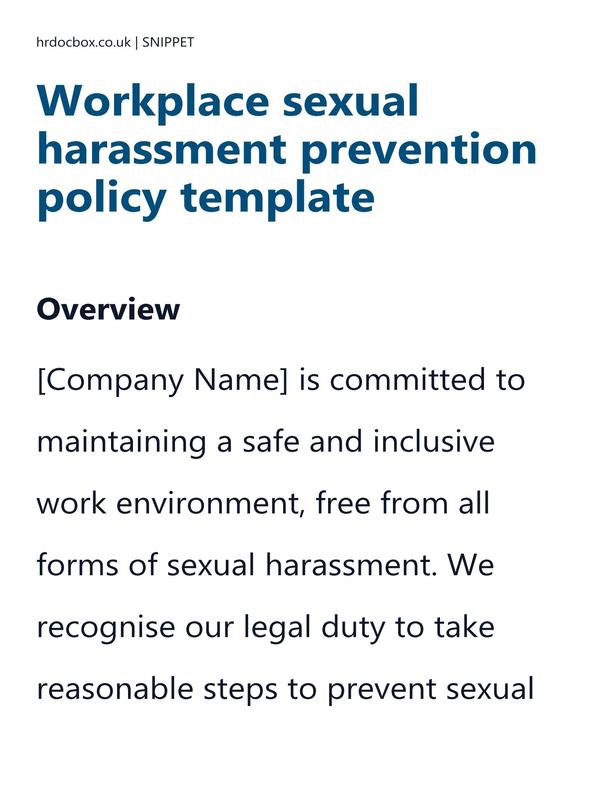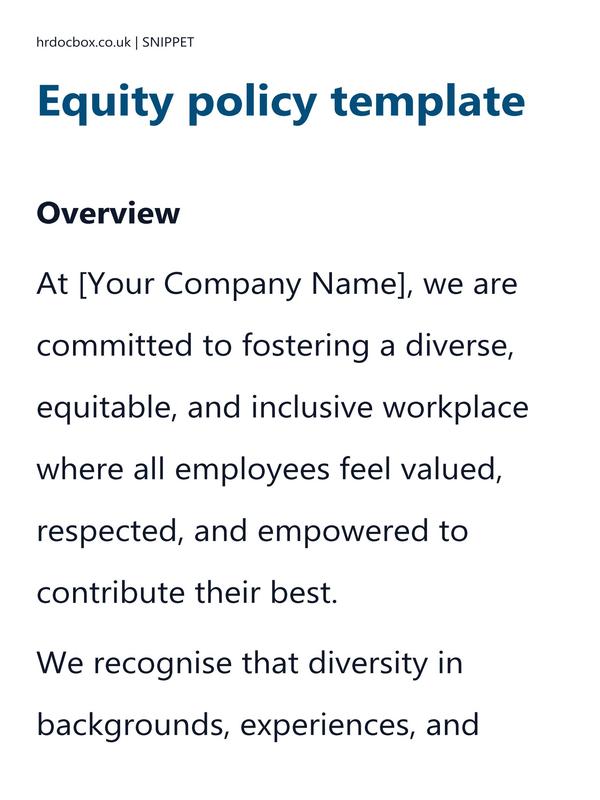Equal opportunities policy templates
Our Equal Opportunities Policy Templates foster a fair and inclusive work environment, ensuring equal opportunities for all employees.
If you need policies to communicate your company rules and support regarding equal opportunities, these policy templates provide an effective legal framework.
- Includes 12 months' access to 8 Equal Opportunities templates, with all updates to the Equal opportunities policy templates provided free of charge and notified to you.
- UK-specific accuracy.
- Instantly download templates as Word / PDF / plain text, or send by email.
- These Equal opportunities policy templates will SAVE you up to 6 hours drafting & research, save you money, and reduce your risk.
Equal opportunities
Equal opportunities policies set out an employer's commitment to fairness, and fair working practices, including the measures that a company or organisation will take to help eliminate and prevent unfair treatment at work.
The areas covered include: recruitment; terms and conditions; pay and benefits; promotion and transfer opportunities; training; dismissal; and redundancy. It can also relate to various different types of unfair treatment, including direct and indirect discrimination, harassment and victimisation, as well as failure to make reasonable adjustments to remove any disadvantage caused by a disability.
Denying any individual their right to equal opportunity in the workplace is potentially discrimination, which is considered unlawful under the Equality Act 2010.
Equal opportunities templates are essential for clearly defining company policies and setting consistent employee expectations around Equal opportunities arrangements.
Compliance
Compliance
Here are some UK employment law considerations for implementing equal opportunities policies:
-
The Equality Act 2010: The Equality Act 2010 sets out the legal framework for addressing discrimination and promoting equal opportunities in the workplace. Employers must ensure that their policies and practices are compliant with this legislation.
-
Protected Characteristics: The Equality Act 2010 protects individuals from discrimination based on nine protected characteristics: age, disability, gender reassignment, marriage and civil partnership, pregnancy and maternity, race, religion or belief, sex, and sexual orientation. Policies must address all of these characteristics.
-
Recruitment and Selection: Employers must ensure that their recruitment and selection processes are fair and non-discriminatory. Policies should include procedures for shortlisting, interviewing, and making job offers.
-
Training and Development: Employers must provide equal opportunities for training and development to all employees, regardless of their protected characteristics. Policies should include procedures for identifying training needs and providing appropriate training opportunities.
-
Promotion and Career Development: Employers must ensure that promotion and career development opportunities are available to all employees on an equal basis. Policies should include procedures for identifying and selecting candidates for promotion, and for providing support and guidance to employees seeking career development.
-
Harassment and Bullying: Employers must have policies in place to address harassment and bullying in the workplace, and to provide a supportive and inclusive working environment for all employees.
-
Monitoring and Review: Employers should regularly monitor and review their policies and practices to ensure that they are effective in promoting equal opportunities and addressing discrimination. Policies should include procedures for monitoring and reviewing the effectiveness of the policies and making improvements where necessary.
Frequently Asked Questions about Equal Opportunities templates
Frequently Asked Questions about Equal Opportunities templates
-
Can small businesses use these Equal opportunities policy templates?
Yes. The Equal opportunities policy templates are designed to be flexible and suitable for organisations of all sizes, including small businesses and charities. They follow UK employment law best practice, so even if you don't have an in-house HR team, you can confidently manage Equal opportunities processes and issues.
-
Are these Equal opportunities policy templates up to date for UK law in 2026?
Absolutely. All templates are drafted with the latest ACAS guidance and UK employment legislation in mind. We review and update them regularly, so you can be confident they remain compliant.
-
What types of Equal opportunities policies are included?
Every toolkit includes a complete set of editable policy templates, designed to save time and ensure compliance.
-
How will this help me as an HR manager or business owner?
Purchasing the policies saves you hours of drafting time and reduces the risk of legal mistakes. Instead of starting from scratch, you'll have clear, professional policy templates that you can adapt to your business.
-
Do I get instant access to the policy templates?
Yes. Once purchased, you'll be able to download the Equal opportunities policies instantly. The templates are provided in editable Word or Excel format so you can customise them easily, and PDF format for easy sharing.
-
Can I preview a sample Equal opportunities template before buying?
We provide free examples of our templates here. This gives you a sense of the quality and layout before you commit to purchasing the full toolkit.
-
What if I need a full HR toolkit, not just Equal opportunities templates?
If you're looking for broader support, we also offer library bundles that include Equal opportunities templates along with absence, grievance, and other HR policies. These may be more cost-effective if you need a complete HR library.
-
Why should I use these templates, and not AI to generate them?
The risk of using free AI-generated templates 'without review' includes your legal exposure, missing context, and no awareness of the wider process. Purchasing from us mitigates that risk.

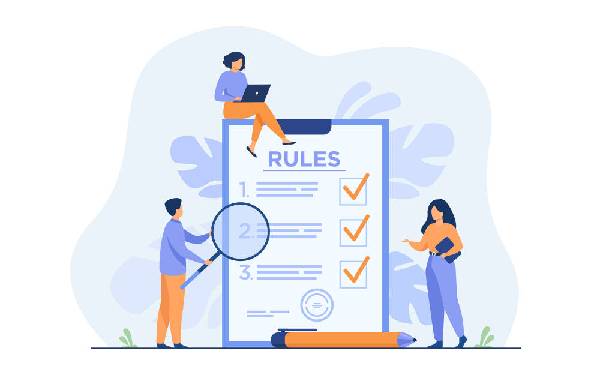
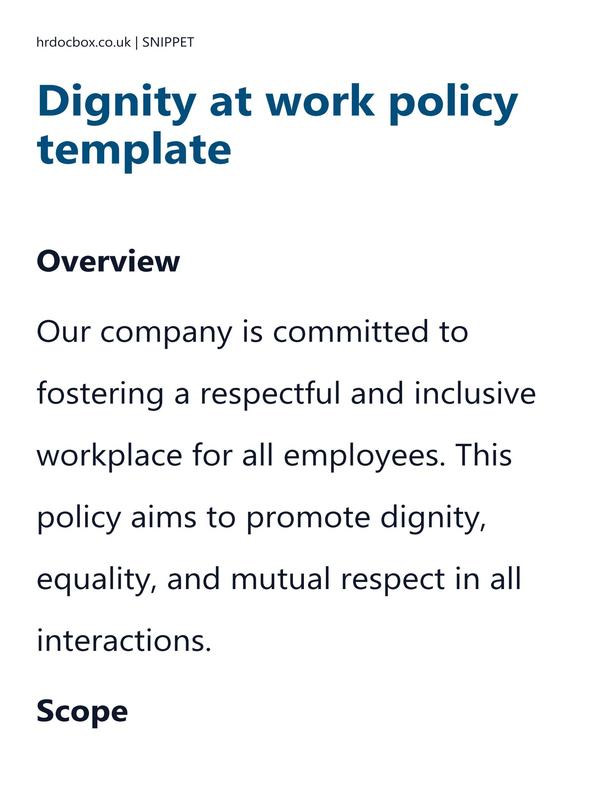
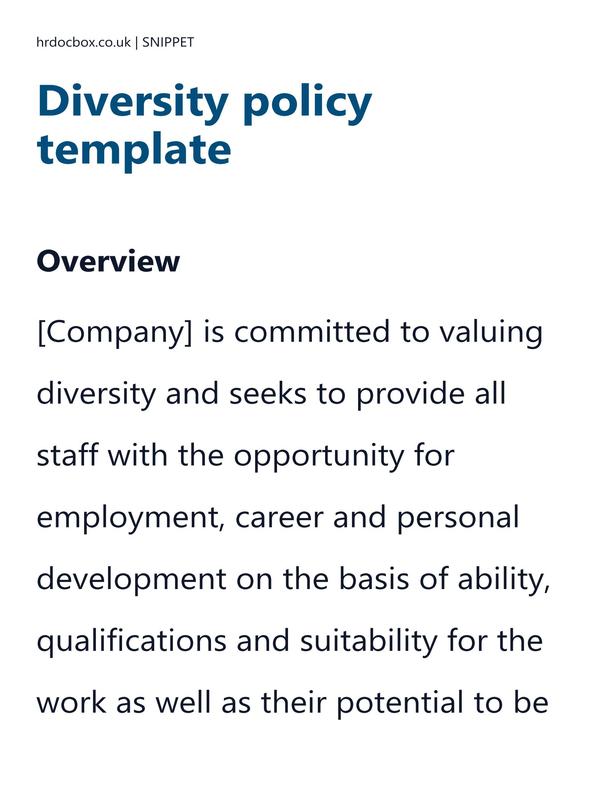
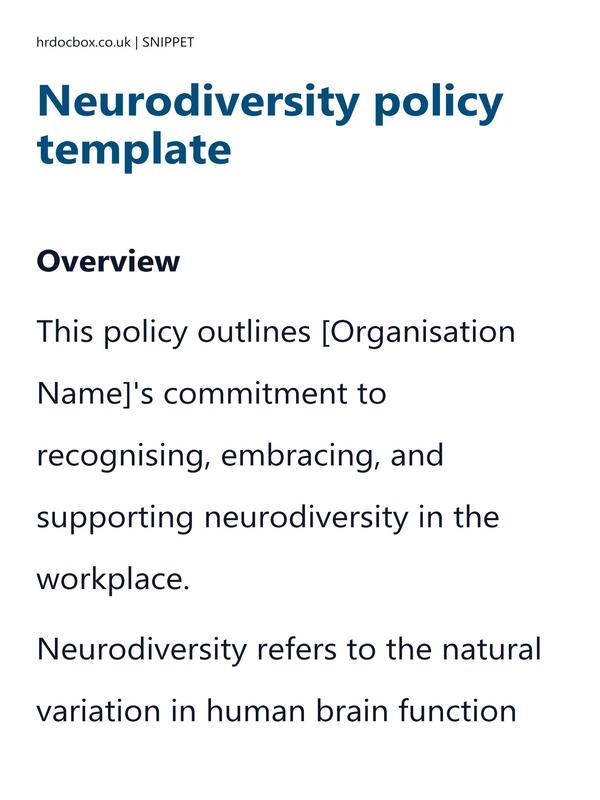
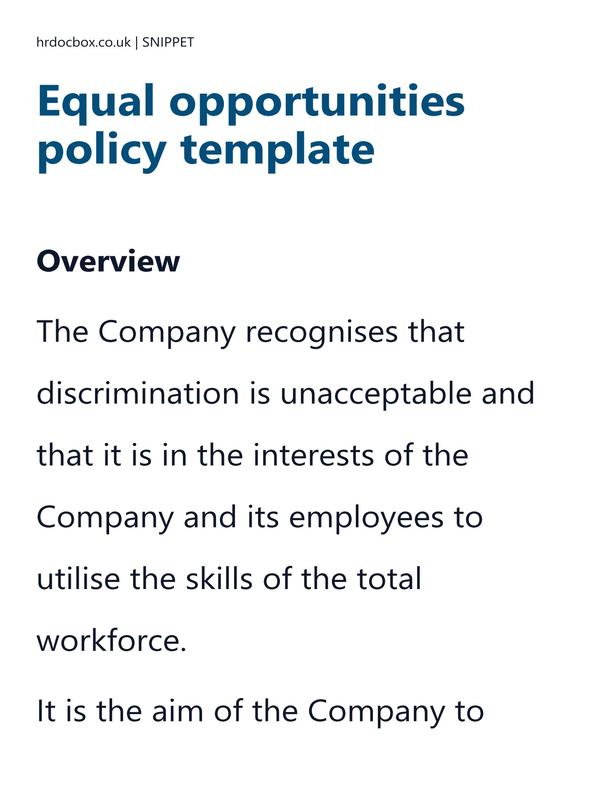
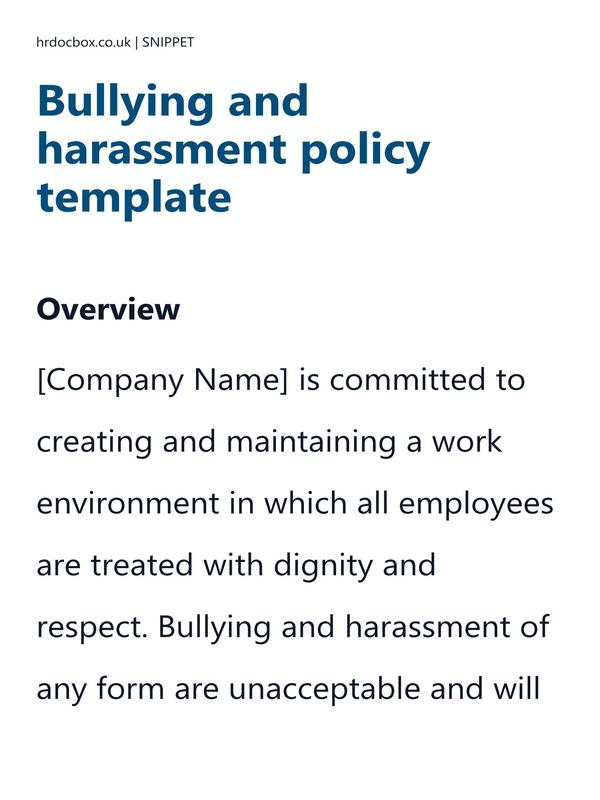
-policy-template-preview.jpg)
